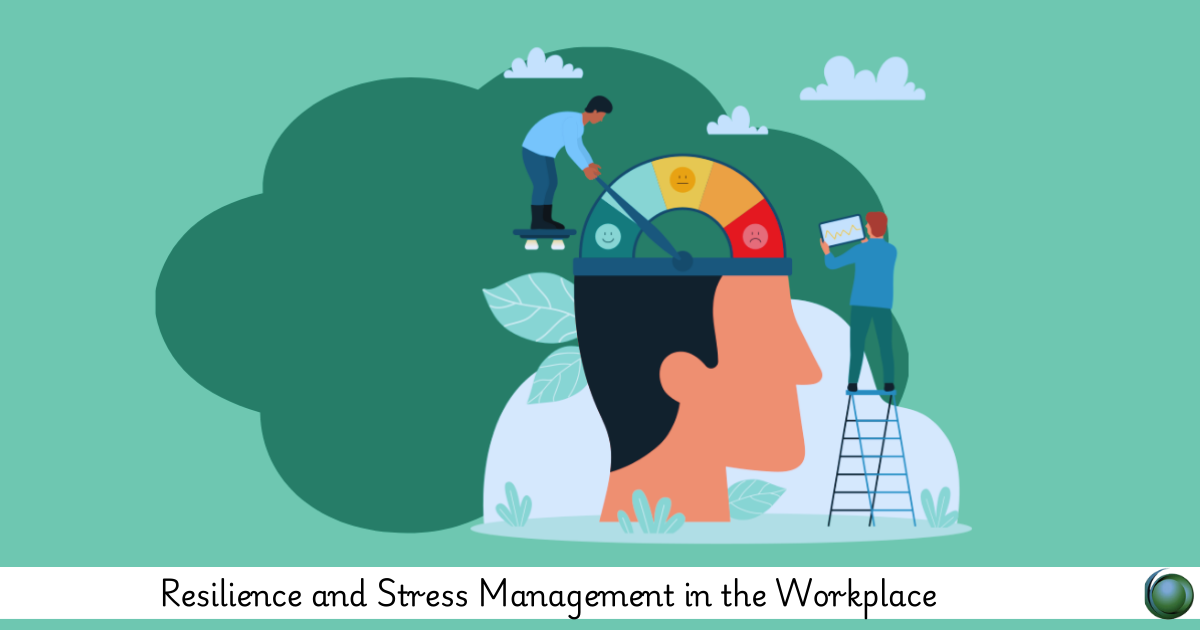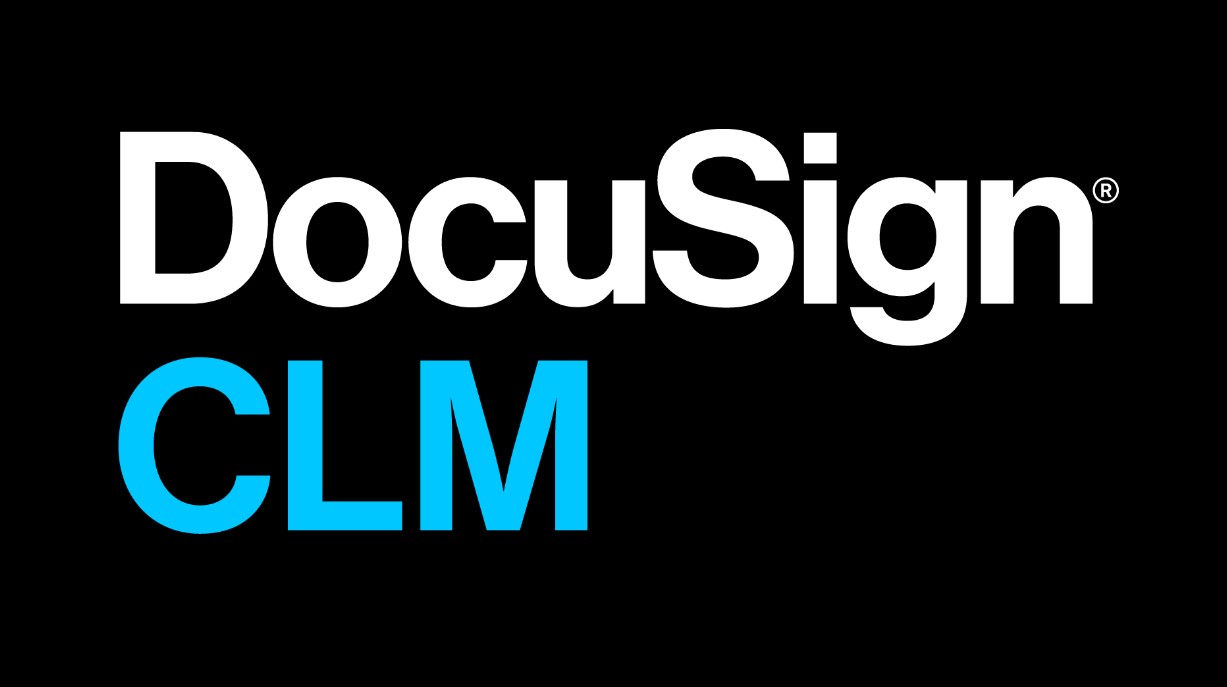Description
Introduction
In today’s fast-paced work environment, stress is inevitable—but burnout doesn’t have to be. Resilience and Stress Management in the Workplace equips professionals with the tools to navigate pressure, maintain emotional balance, and recover quickly from setbacks. This course empowers individuals and teams to build mental strength, manage workplace stressors effectively, and foster a culture of resilience.
Prerequisites
-
Openness to personal reflection and behavior change
-
General experience in workplace settings
-
No prior training in psychology or stress management required
Table of Contents
1. Understanding Stress and Its Impact
1.1 What Is Stress? Acute vs. Chronic Stress
1.2 The Mind-Body Connection: How Stress Affects Health
1.3 Workplace Stressors: Internal and External Triggers
1.4 Recognizing Early Warning Signs of Burnout
2. The Science of Resilience
2.1 Defining Resilience in a Professional Context
2.2 Traits of Resilient People
2.3 How Resilience Enhances Performance and Well-being
2.4 Myths About Resilience
3. Emotional Regulation in High-Stress Situations
3.1 Developing Self-Awareness of Stress Reactions
3.2 Emotional Agility and Adaptability
3.3 Managing Negative Emotions Constructively
3.4 Staying Calm and Grounded Under Pressure
4. Cognitive Strategies for Stress Reduction
4.1 Reframing Stressful Thoughts
4.2 Positive Self-Talk and Visualization
4.3 Shifting from Catastrophizing to Problem-Solving
4.4 Mindset Shifts That Support Resilience
5. Building Daily Resilience Habits
5.1 Morning Routines That Set the Tone
5.2 Digital Boundaries and Work-Life Balance
5.3 Microbreaks and the Power of Pause
5.4 Creating a Personal Resilience Toolkit
6. Communication and Social Support
6.1 Asking for Help and Offering Support
6.2 Setting Healthy Boundaries with Colleagues
6.3 Navigating Difficult Conversations Calmly
6.4 Creating Psychological Safety in Teams
7. Time Management and Workload Prioritization
7.1 Aligning Effort with Impact
7.2 Managing Competing Deadlines Without Overload
7.3 Avoiding Multitasking and Managing Distractions
7.4 Saying No Without Guilt
8. Mindfulness and Relaxation Techniques
8.1 Breathing Exercises for Instant Calm
8.2 Guided Meditation and Body Scan Practices
8.3 Mindful Walking and Eating at Work
8.4 Using Mindfulness Apps and Tools
9. Organizational Strategies for Building Resilient Teams
9.1 Manager’s Role in Preventing Burnout
9.2 Embedding Resilience into Company Culture
9.3 Policies That Promote Mental Wellness
9.4 Encouraging Rest, Recovery, and Recharge
10. Measuring and Sustaining Personal Resilience
10.1 Assessing Your Resilience Baseline
10.2 Setting Goals for Mental Fitness
10.3 Tracking Stress Patterns and Growth
10.4 Building a Long-Term Stress Management Plan
Resilience isn’t about avoiding stress—it’s about growing stronger through it. With the right mindset, habits, and tools, you can turn pressure into performance and bounce back from challenges with clarity and purpose. This course helps professionals at all levels create a more balanced, focused, and thriving workplace experience.







Reviews
There are no reviews yet.